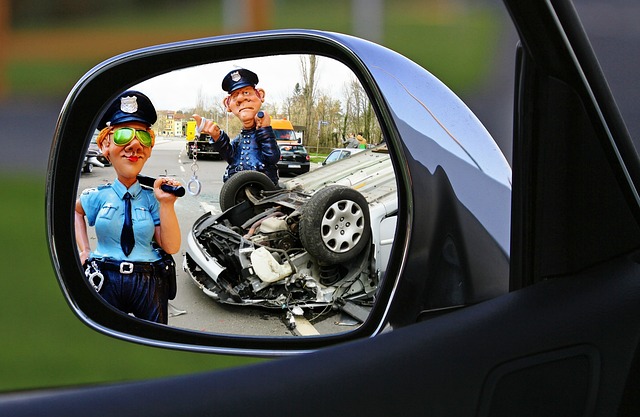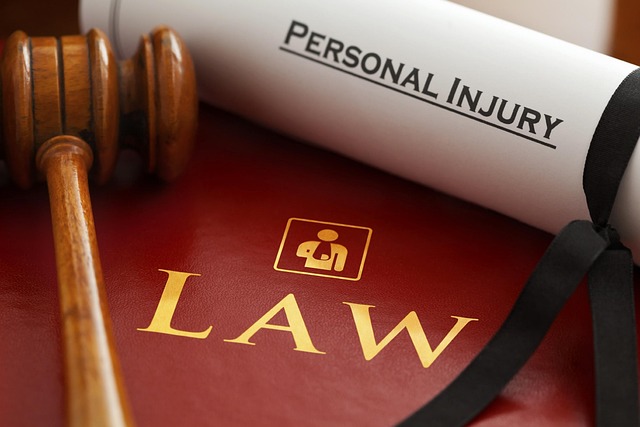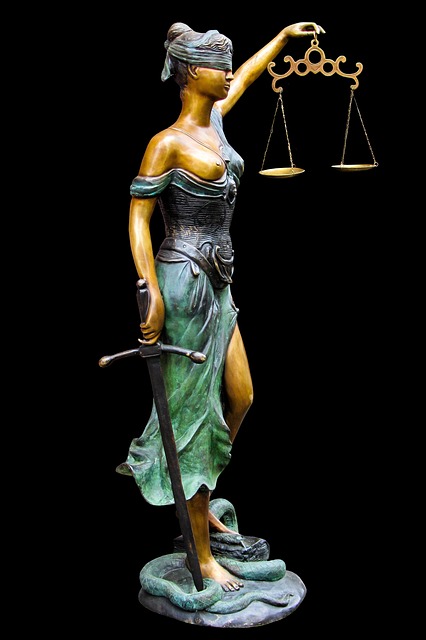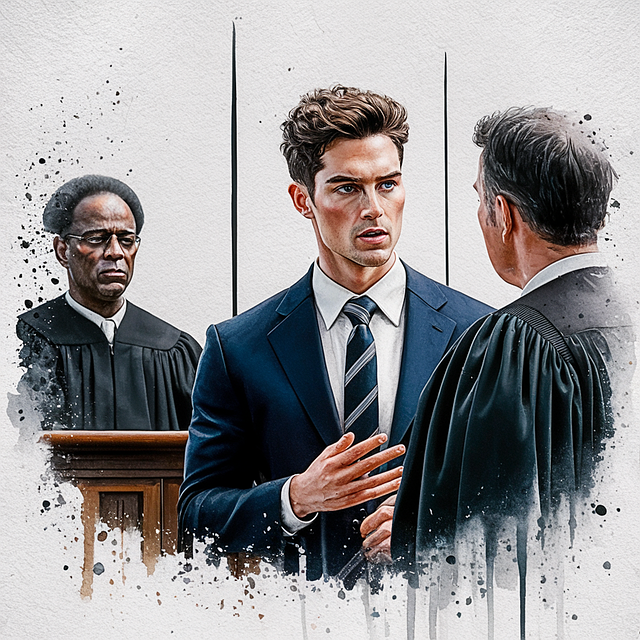In recent years, Brooklyn has witnessed a surge in alcohol-related motorcycle accidents, prompting heightened concern for rider safety. This article delves into the complex landscape of rideshare safety litigation, examining the unique challenges posed by alcohol-impaired drivers using popular ride-hailing services. We explore legal considerations and case studies, delve into regulatory actions taken to mitigate risks, and discuss future implications aimed at enhancing rider protection in Brooklyn and beyond. Understanding these issues is crucial for fostering safer transportation options.
- Understanding Alcohol-Related Motorcycle Accidents in Brooklyn
- The Role of Rideshare Services in Safety Litigation
- Legal Considerations and Case Studies
- Safety Measures and Regulatory Actions Taken
- Protecting Riders: Future Implications and Prevention Strategies
Understanding Alcohol-Related Motorcycle Accidents in Brooklyn

In Brooklyn, alcohol-related motorcycle accidents have become a significant concern for public safety advocates and legal professionals alike. These incidents often result in severe injuries or even fatalities due to the combination of heightened vulnerability of motorcyclists and impaired driving. With a dense urban landscape and heavy traffic, Brooklyn’s streets present unique challenges for riders, making it crucial to understand and address alcohol-related risks specifically within this context.
Motorcyclists are more exposed than occupants of enclosed vehicles, increasing their risk of harm in crashes. When alcohol enters the mix, these risks escalate dramatically. In Brooklyn, where a vibrant nightlife and bustling streets coexist, the potential for impaired driving increases, as does the likelihood of devastating alcohol-related motorcycle accidents. Legal proceedings related to such incidents play a vital role in raising awareness, holding accountable those who engage in reckless behavior, and ultimately enhancing road safety for all Brooklyn residents.
The Role of Rideshare Services in Safety Litigation

Rideshare services have significantly transformed the way people travel, offering convenience and affordability. However, their role in safety litigation, particularly in cases like alcohol-related motorcycle accidents in Brooklyn, is a critical aspect that cannot be overlooked. When lawsuits arise from such incidents, rideshare companies often face intense scrutiny regarding their background screening processes, driver training, and response protocols.
These services are held accountable for ensuring the safety of passengers and bystanders alike. In the context of alcohol-related accidents, where driver impairment is a factor, legal battles focus on whether rideshare companies did enough to prevent such occurrences. This includes examining their policies around driver alcohol use, reporting mechanisms, and the effectiveness of their risk assessment strategies. The outcome of these cases can set precedents for improving safety standards across the industry.
Legal Considerations and Case Studies

In rideshare safety litigation, legal considerations play a pivotal role in shaping outcomes and setting precedents. When it comes to alcohol-related motorcycle accidents in Brooklyn, for instance, strict liability laws often come into play, holding rideshare companies accountable for damages caused by their drivers, especially when these drivers are found to be under the influence. Case studies have shown that settlements in such cases can reach substantial sums, reflecting the severe nature of these incidents and the importance of ensuring driver fitness.
These legal battles not only provide financial compensation for victims but also push rideshare companies to enhance safety measures. For example, many firms have implemented stricter background checks, drug testing, and advanced safety features in their vehicles following high-profile cases. Such developments underscore the interplay between litigation and regulatory efforts to improve road safety, with real-world consequences that extend beyond individual lawsuits to broader industry standards.
Safety Measures and Regulatory Actions Taken

In response to rising concerns about rideshare safety, particularly in areas like Brooklyn where alcohol-related motorcycle accidents have been a significant issue, regulatory bodies and rideshare companies have implemented several safety measures. These include advanced driver screening processes, mandatory drug and alcohol testing for drivers, and enhanced vehicle safety features such as automatic emergency braking systems and collision avoidance technology. Rideshare apps now also incorporate tools to prevent impaired driving, like requiring drivers to complete safety checks and providing users with options to report any suspicious behavior.
Furthermore, regulatory actions have been taken to tighten licensing requirements and increase oversight. This involves more frequent background checks, stricter driver conduct standards, and penalties for non-compliance. These measures aim to ensure that only safe and responsible individuals operate rideshare vehicles, thereby improving overall safety for passengers and other road users, especially in high-risk areas like Brooklyn.
Protecting Riders: Future Implications and Prevention Strategies

Protecting riders from harm is a primary concern in rideshare safety litigation, especially given the unique risks associated with shared mobility services. Beyond implementing stricter driver screening processes and enhancing vehicle safety features, preventing alcohol-related motorcycle accidents Brooklyn remains a critical focus. Data shows that drunk driving significantly contributes to crash rates, making it imperative for rideshare companies to adopt robust strategies.
Looking ahead, future implications may include mandatory sobriety checks for drivers after certain trips and the integration of advanced driver assistance systems (ADAS) tailored to motorcycles. By leveraging technology like real-time vehicle tracking and automatic collision detection, prevention strategies can be refined to mitigate risks. Additionally, public awareness campaigns targeting alcohol consumption before rideshare use can play a pivotal role in fostering safer riding conditions.
Alcohol-related motorcycle accidents in Brooklyn have prompted rideshare safety litigation, highlighting the urgent need for enhanced safety measures. The role of rideshare services in these incidents has led to increased legal considerations and case studies, pushing regulatory bodies to take action. By understanding the root causes and implementing effective strategies, such as improved safety training and technology, we can protect riders and prevent future accidents. These efforts are crucial steps towards creating a safer environment for motorcyclists in Brooklyn and beyond.
